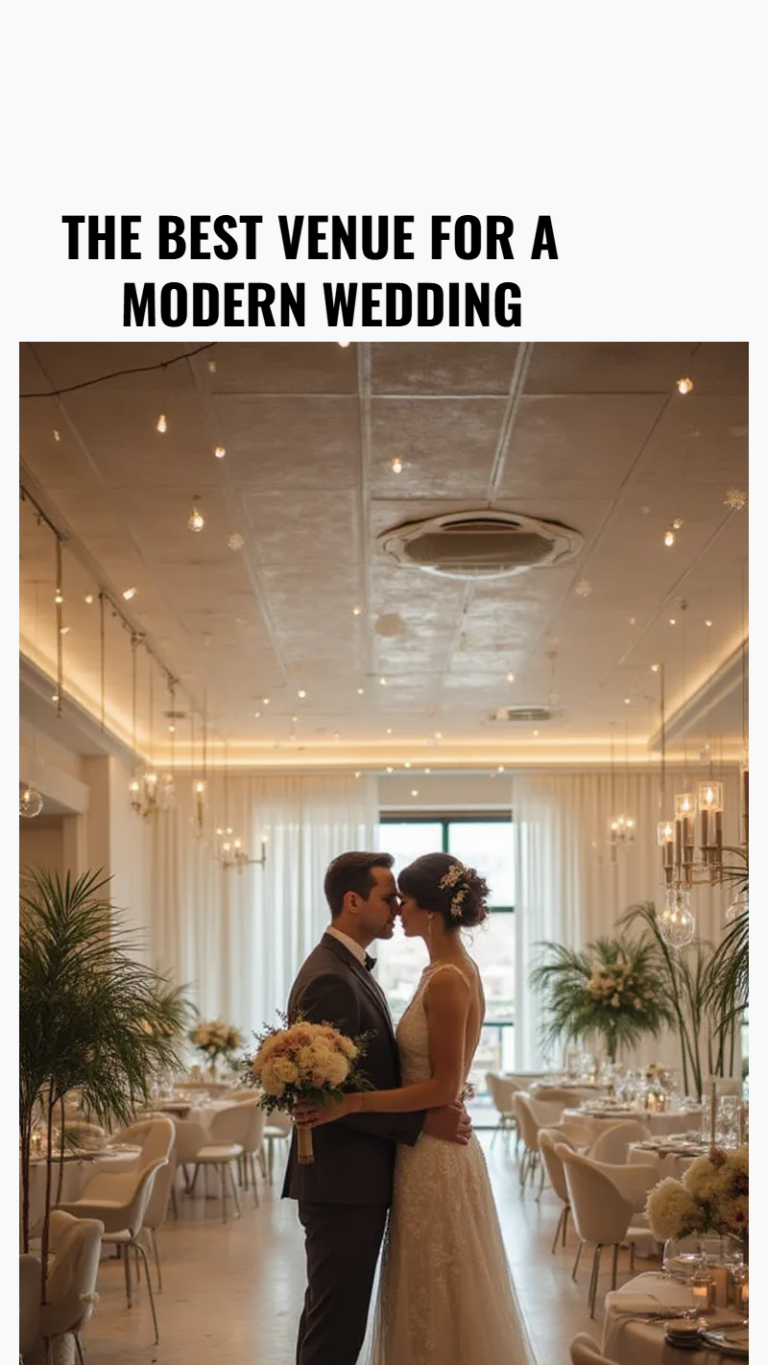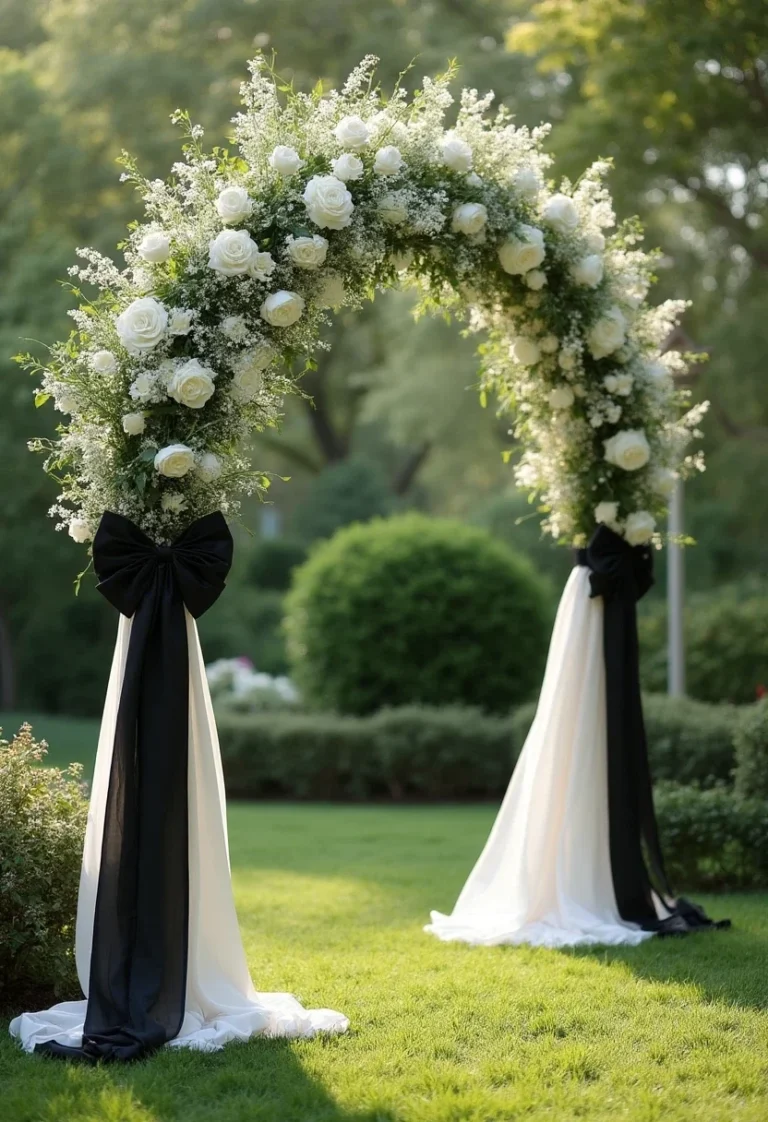How Much Does a Wedding Planner Actually Cost?
Planning a wedding can be an exhilarating yet overwhelming experience. One of the biggest questions couples face early on is budgeting—especially when it comes to hiring a professional wedding planner. Understanding how much a wedding planner actually costs can help couples make informed decisions and avoid unexpected expenses during their special day.
Wedding planners bring invaluable expertise, from coordinating vendors to managing timelines, but their fees vary widely based on experience, location, and service scope. Diving deeper into typical costs and what influences them will empower you to find the perfect planner that fits your vision and your wallet.
Tips for How Much Does a Wedding Planner Actually Cost?
Understand Different Pricing Models
Wedding planners generally charge in one of three ways: a flat fee, an hourly rate, or a percentage of your total wedding budget. Flat fees provide clarity and are common for full-service planning, ranging typically from $3,000 to $10,000 depending on the planner’s experience and location. Hourly rates, often $50 to $200 per hour, are ideal for couples seeking partial or month-of coordination. Percentage fees usually fall between 10% and 20% of your total wedding budget, ensuring planners are incentivized to stay within your financial goals.
Consider the Scope of Services
Costs can fluctuate dramatically based on what you need. Full-service planners handle everything—from venue scouting to vendor negotiations and day-of coordination—resulting in higher fees but less stress for you. Partial planners offer assistance with specific elements, such as vendor selection or design consultation, which reduces costs. Month-of coordinators typically arrive weeks before the wedding to finalize details, offering a budget-friendly option if much of the planning is DIY.
Factors Affecting Wedding Planner Costs
- Location: Planners in metropolitan areas or luxury destinations charge more due to higher demand and operational costs.
- Experience: Established planners with impressive portfolios often command premium prices.
- Wedding Size: Larger weddings require more coordination time and resources, increasing fees.
- Customization: Highly personalized weddings with elaborate themes and unique vendors can add complexity, influencing costs.
Communicate Your Budget Clearly
Open and honest communication with your wedding planner about your budget ensures expectations align and helps planners tailor their services to your financial comfort. Many planners offer customizable packages or payment plans, making professional assistance more accessible. Remember, investing in a planner can save money overall by securing better vendor deals and avoiding costly mistakes.
Ask About Hidden Fees and Extras
Clarify what’s included in your planner’s fee upfront. Some may charge for travel, overtime, or additional meetings, which can add up quickly. Request a detailed contract that outlines all potential expenses so you avoid surprises. Transparency in pricing helps maintain trust and keeps your wedding planning experience smooth and enjoyable.
| Key Consideration | Example | Planning Tip |
|---|---|---|
| Pricing Model | Flat Fee of $5,000 for Full-Service Planning | Choose based on level of involvement needed |
| Wedding Size | 150 Guests vs. 50 Guests | Expect higher fees for larger events |
| Location | City Center vs. Rural Venue | Account for regional cost differences |
| Additional Fees | Travel Charges or Overtime Costs | Request clear contract details upfront |
| Customization | Unique Themes or Custom Décor | Discuss budget impact before finalizing plans |









